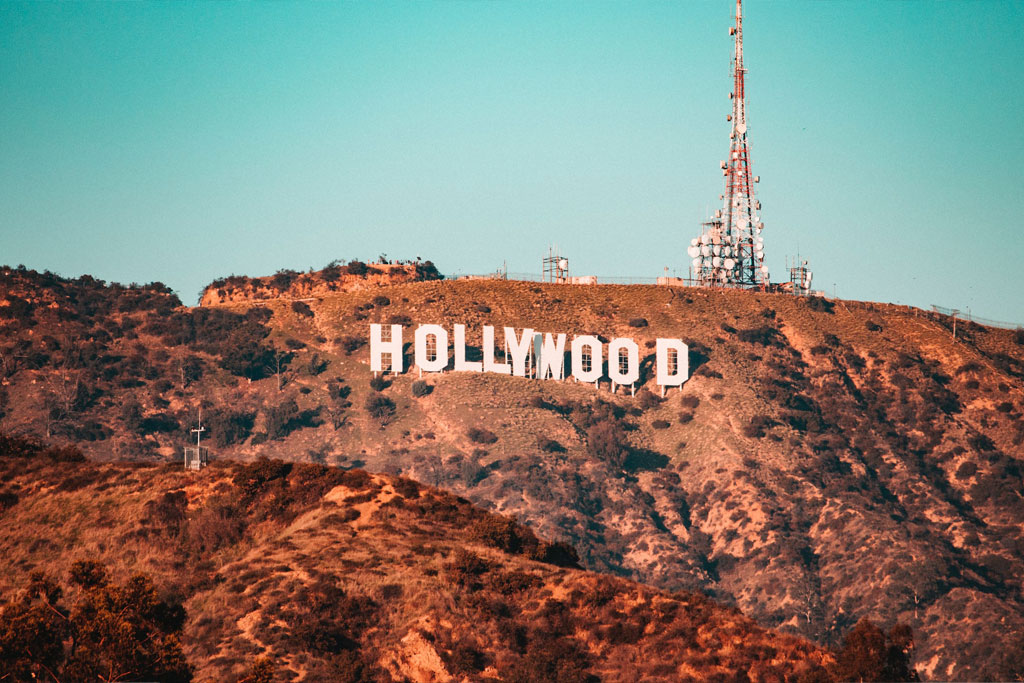As Los Angeles experiences a historic drought, local authorities are cracking down on excessive water usage by the super-rich. Those who refuse to stop using their swimming pools or watering their expansive gardens in the water deprived area are being threatened with the introduction of newly developed “flow restrictors”.
Los Angeles are encouraging residents to reduce water usage in response to a historic drought, but it seems that encouragement and a feeling of personal responsibility are not enough for some of the area’s richest residents.
For ordinary residents, the threat of a financial penalty for overconsumption of water is enough to make them cut back. But for the rich who refuse to stop using their swimming pools, watering their expansive gardens, or turn off their fountains – many of whom are not worried by a relatively small fine—the city’s water department has a solution. They are now installing small metal disks known as “flow restrictors” to the water pipes of those who won’t cut down consumption by choice.
Water department find new solutions to water shortage
The flow restrictors, newly developed by a member of the water department, reduce the flow of water going to a property. After a restrictor is installed, it becomes impossible to water a lawn and difficult to use two water reliant devices at the same time. Mike McNutt, a spokesperson for Las Virgenes water district, said that:
“We have taken a very firm position on being equal. It doesn’t matter who you are, how much money you make, how well-known you are: all of you are being treated the same”
Before the small disc is installed within the pipes of those considered to be among the worst offenders, they are given a chance to show how they are willing to reduce water usage without it. If no attempt is made to use a reasonable or justifiable amount of water, the restrictor goes in for two weeks. Those affected by the installation of a flow restrictor include celebrities Kevin Hart, Sylvester Stallone, and Kourtney Kardashian. No legal challenges have yet been pursued.
LA drought raises questions of equality
Few of the world’s nations display wealth inequality as starkly the USA. More billionaires call the states home than any other country, whilst around 40 million citizens live in poverty. This inequality is all encompassing, with disparities in access to housing, education, healthcare, food, and even water, with entire cities going without access to clean drinking water.
 50 percent of all water used in Los Angeles is for outdoor irrigation, necessary to keep lawns luscious, plants alive, and water features running in the dry climate. (Photo: Sterling Davis / Unsplash)
50 percent of all water used in Los Angeles is for outdoor irrigation, necessary to keep lawns luscious, plants alive, and water features running in the dry climate. (Photo: Sterling Davis / Unsplash)
The imbalance in access to and use of water among different communities in the US becomes evermore apparent during times of drought. Droughts force affected people to take more personal responsibility for their water usage. For the average American, this often means taking shorter showers, not leaving the tap running, or using more efficient washing machine cycles. For the rich and super rich, this extends to not replacing swimming pool water or watering large gardens. In fact, 50 percent of all water used in Los Angeles is for outdoor irrigation, necessary to keep lawns luscious, plants alive, and water features running in the dry climate.
A 2015 study by the UCLA showed that:
“wealth was the most reliable predictor of water use. The wealthy used more than three times the water of nonwealthy people”
Billionaires won’t feel the bite of financial penalties
A 2022 report by the Suffolk County Water Authority in the state of New York shows even greater inequality. They found that multi-millionaires and billionaires use over one hundred times more water than the average homeowner in the New York area known as the Hamptons, where a historic water shortage is also being experienced.
One method used to reduce water usage is price hikes by those in control of the water supply, with the hope being that non-essential water usage is cut down to save money. This, however, is little incentive for the rich who have the disposable income to use. With many clearly not feeling the weight of responsibility for their fellow citizen, it is apparent that measures such as those being taken in LA are necessary to curtail the water usage of the rich during times of shortage.
